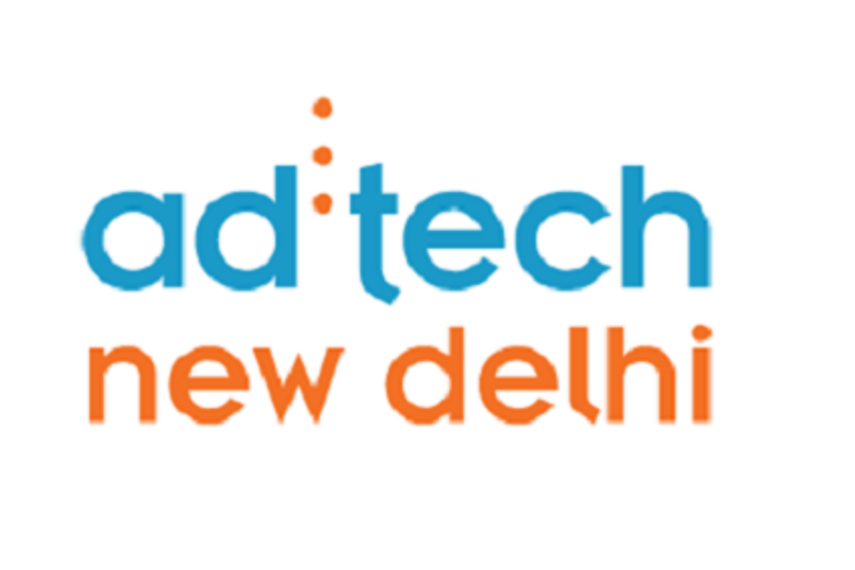
Please sign in or register
Existing users sign in here
Having trouble signing in?
Contact Customer Support at
[email protected]
or call+91 022 69047500
At ad:tech 2015, Rahul Welde of Unilever spoke about how the brand is leveraging digital media

Contact Customer Support at
[email protected]
or call+91 022 69047500
Top news, insights and analysis every weekday
Sign up for Campaign Bulletins
Hakuhodo’s latest study shows Indians shifting from duty-bound families to friendships, self-indulgence and optimism—reshaping consumption and creativity.
Shares will vest over five-year period.
As consumers tire of louder logos and brighter billboards, brands leaning on simplicity, honesty and cultural context are striking resonance.
While reputation continues to matter, PwC's report notes that traditional brand equity drivers now rank lower than product-led differentiation.